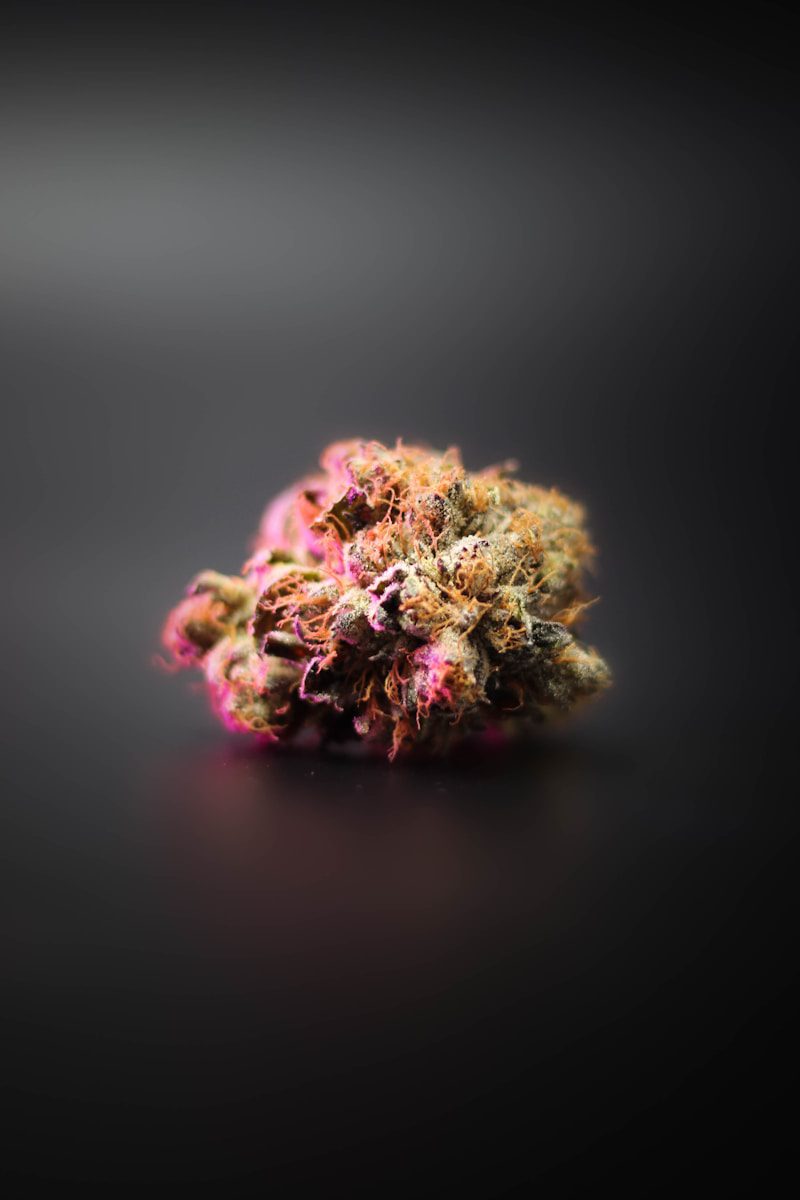While cannabis use continues to grow in the United States, our framing of it remains archaic, reflecting a non-existent binary that cannabis is either medicinal or recreational. Yet, the truth is that as more Americans use cannabis, they are discovering that its recreational benefits are just as important as the medicinal.
Stoners today make up a diverse demographic of parents, teachers, athletes, clergy, CEOs, janitors, jailers and others…but hide their usage because of stigma, oppressive laws, and outdated professional policies. Today, while the fight for cannabis takes place across the U.S, we can do our part by shaking off the notion that cannabis can only be either recreational or medical. Instead, we must promote it as the plant that can elevate all aspects of life.
In the fight for cannabis legalization, both cannabis advocates and their detractors concede on one key point: “this isn’t your parent’s pot.” It’s true; the weed that hippies were smoking at Woodstock bears little resemblance to the weed in your local dispensary. Over the years, cannabis growers have begun cross-breeding strains, increasing the levels of THC and innovating each strain’s effects. But it’s not just the plant that’s been changing. Today we understand the endocannabinoid system (ECS), terpenes, and the role that the psychoactive tetrahydrocannabinol (THC) plays in a high. With a greater diversity of strains than ever, alongside accessible consumption methods such as edibles and tinctures, we have a medicine that can address mental, physical, and emotional hardships.
 Amidst the COVID-19 pandemic, states that legalized cannabis declared the industry “essential,” putting dispensaries in the same category as grocery stores, pharmacies, and pet stores. Today, patients suffering from diseases from multiple sclerosis to epilepsy can find a strain to mitigate their pain and symptoms. That being said, cannabis does more than soothe an addled mind or relax a permanently clenched shoulder; it also makes the world bearable.
Amidst the COVID-19 pandemic, states that legalized cannabis declared the industry “essential,” putting dispensaries in the same category as grocery stores, pharmacies, and pet stores. Today, patients suffering from diseases from multiple sclerosis to epilepsy can find a strain to mitigate their pain and symptoms. That being said, cannabis does more than soothe an addled mind or relax a permanently clenched shoulder; it also makes the world bearable.
While we tout the medicinal benefits of cannabis, we tend to diminish the fact that recreational cannabis relieves the stressors of everyday life. However, stoner stigma – the trope that cannabis users are lazy and couchbound – continues to permeate society today. Recently, Texas Senator Ted Cruz admitted concern that “slacker baristas” would vote Democratic if they could perhaps “get off the bong for a minute and head down to the voting station.” While Cruz’s comments show disdain for his cannabis-using constituents, even those who consume for medical conditions, he fails to understand one simple thing: life is better on weed.
Food tastes better when stoned, television is funnier after a dab, and hiking is always more enjoyable when you’ve smoked a joint. I’m not advocating going through life perpetually high, though you do you, but rather that cannabis enhances aspects of your everyday experience. Recreational, or “adult use” cannabis, allows you to open your mind, see the world differently, and find pleasure in the mundane. For moments of depression, a hit of some Girl Scout Cookies helps you quickly emerge from an episode. A bout of insomnia can be cured by the aptly named strain, Deep Sleep, while my wife swears by high-CBD oils for dealing with menstrual cramps and keeping her head about her during work.
Recreational cannabis aids creativity by increasing cerebral blood flow and stimulating creative output; for instance, I’m writing this article on a low dosage of Gasberry Kush, but I’ll be editing sober. Want to improve your relationship? The adage “couples who blaze together, stay together” remains true. Cannabis increases dopamine levels in the brain, sparking a sense of joy in being around your favorite person, while also allowing couples to discuss challenges and concerns with an open and understanding mindset.
When you’ve worked out your problems and want to enjoy the physical benefits of your relationship, there’s the perfect strain for you and your partner to enjoy together. Particular highs make you yearn to touch and be touched, increase feelings of arousal for yourself and others, and elevate what may typically be a shiver down your spine into a moment of ecstasy. For the everyday burden of life, folding laundry, or cleaning the house, being high brings moments of deep contemplation, silliness, and joy, turning the mundane into marvelous. Some may view recreational cannabis as ‘medicine for boredom,’ but instead, try to think of it as a way to heighten your creativity, form a deeper connection with your partner, or enjoy the great outdoors.
The U.S. government considers cannabis a Schedule 1 narcotic, with no medical use and a high potential for abuse. While some users do abuse cannabis, as with any substance, detoxification is simple, and the ECS is reset after several weeks of withdrawal. Unlike alcohol, which causes massive damage to the liver, brain, and other organs, cannabis has few lasting effects apart from smoke inhalation. While addiction does affect around 10 percent of users, this is less than the 85 percent addiction rate of cigarettes, and only 3 in 10 people suffer from a form of marijuana use disorder.
Government prohibition against cannabis research means we are only beginning to understand the impact of long-term cannabis usage. However, advances in cannabis sciences and technologies mean we have more ways to imbibe weed than ever before, be it a cream, candy, or drink. Here we have a plant, safer than common drugs and alcohol, with no chemical additives as with cigarettes, and that is enjoyable in multiple ways. Not only that, but it makes your day better, anxieties fizzle away, and the insurmountable becomes achievable.
With the dream of federal legalization on the horizon, the stoner stigma will eventually clash with the reality of people’s experience using cannabis. Whether using the plant to combat pain or enjoy a movie, cannabis is becoming a daily part of people’s lives. However, we must do away with the limiting binary of ‘medical’ and ‘recreational.’ Cannabis is medicine for all who seek it, but its use extends beyond our current vocabulary; folding laundry, gardening, or enjoying dinner are neither medicinal nor recreational. Rather, we need to reframe how we think of cannabis because the plant can provide life-changing joys, introspective moments, and even a flash of inspiration, all the while easing physical discomforts and promoting healing throughout the body.


